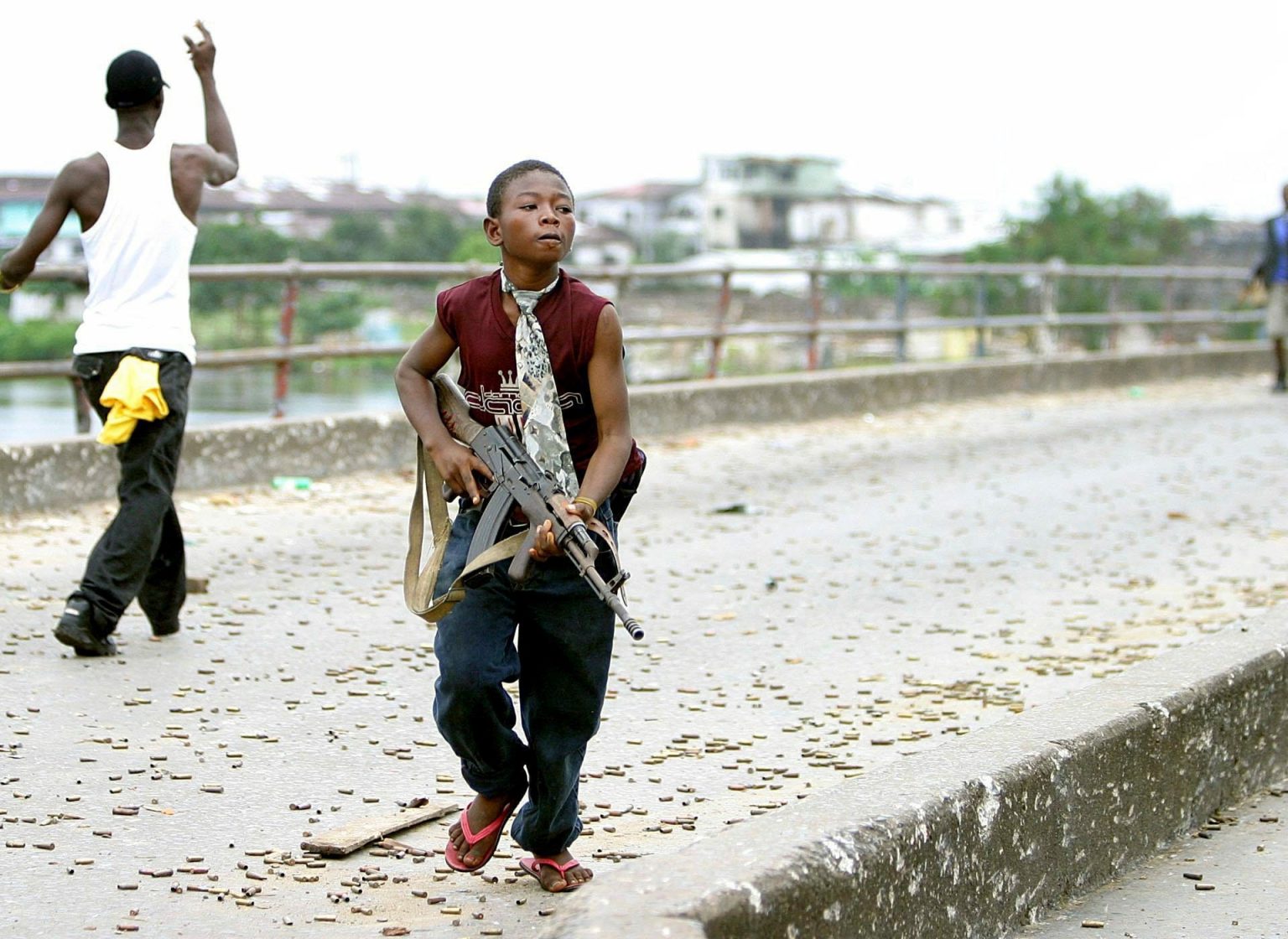Rufus Katee, a survivor of Liberia’s civil wars, recalls the harrowing events of July 1990 when he sought safety at St Peter’s Lutheran Church in Monrovia. During the night, soldiers attacked the church, killing an estimated 600 people. Many survivors, like Katee, suffered physical and mental injuries that have persisted for years. The civil wars from 1989 to 2003 were marked by violence, including rape, mutilation, and the use of child soldiers, yet no one has been prosecuted for these crimes in Liberia.
The lack of prosecution for war crimes in Liberia is attributed to a lack of political will, as many former war actors are now in positions of power. The power-sharing agreements made during the peace negotiations at the end of the wars allowed former combatants to hold political office, making it difficult to hold them accountable for their actions. Additionally, the political system in Liberia requires alliances, further complicating the prosecution of war criminals.
In 2005, the TRC of Liberia was established to investigate human rights abuses and recommend measures for reconciliation. The TRC recommended the establishment of a war crimes court, but this was never realized. Instead, Liberia has relied on non-prosecutorial forms of justice such as the Palava Hut program. Victims seeking justice have turned to courts outside of Liberia, where a small number of former war criminals have been prosecuted.
In April, Liberia’s Legislature passed a resolution calling for the establishment of a war crimes court and an economic crimes court. President Joseph Boakai issued an executive order in May for the establishment of the Office of War Crimes and Economic Crimes Court. This office is tasked with designing the methodology and processes for the war crimes court’s establishment, as well as sourcing funds for its operations. While there is no set timeline for the court’s establishment, this marks a significant step towards domestic prosecution of war criminals in Liberia.
Supporters of the war crimes court, including survivors like Peterson Sonyah and advocates like Hassan Bility, welcome the development as a way to address impunity and seek justice for victims. However, critics have raised concerns about security implications and funding challenges for the court. Some have questioned the reliability of the TRC report as the basis for the court’s establishment, while others believe that resources should be allocated to improve livelihoods in Liberia instead.
Despite the challenges and differing opinions, survivors like Rufus Katee emphasize the importance of establishing the war crimes court soon before crucial evidence is lost. The pursuit of justice for the atrocities committed during Liberia’s civil wars remains a priority for many, who hope that the court will bring accountability to those responsible for the violence and provide closure for victims and their families.













